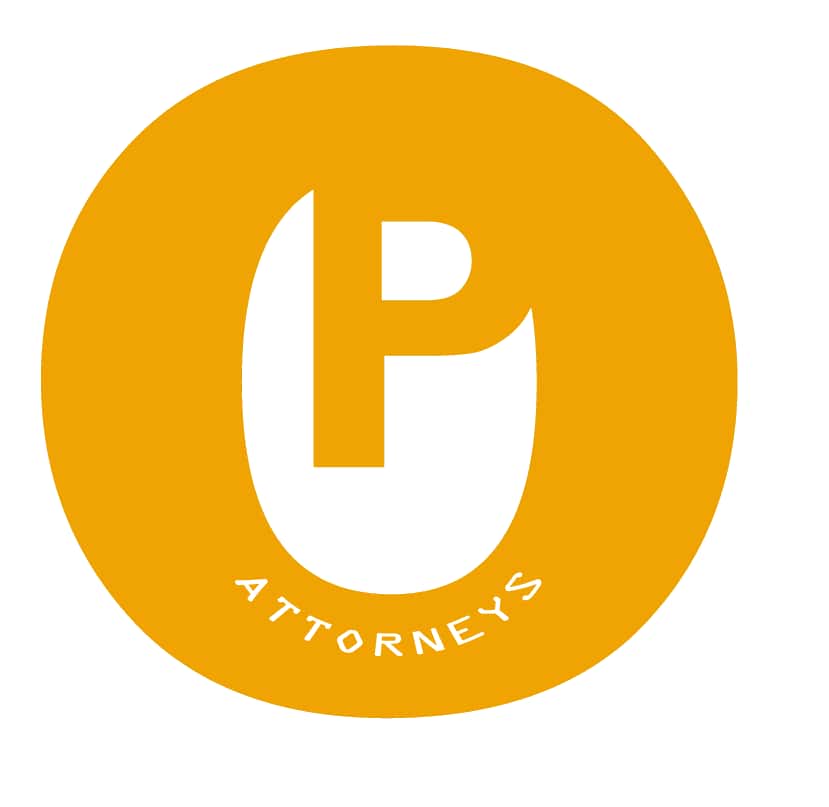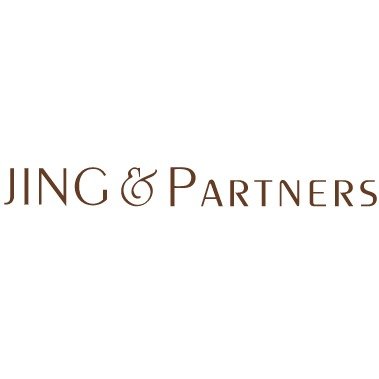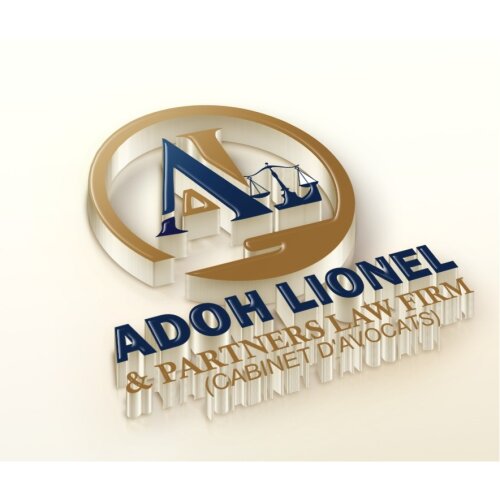Best International Trade Law Lawyers in Cameroon
Share your needs with us, get contacted by law firms.
Free. Takes 2 min.
Or refine your search by selecting a city:
List of the best lawyers in Cameroon
Legal guides written by CHI & Partners Law Firm:
- Ship Registration in Cameroon
About International Trade Law in Cameroon
International Trade Law in Cameroon refers to the legal framework governing the exchange of goods and services across international borders. Cameroon, being a member of both the World Trade Organization (WTO) and the African Continental Free Trade Area (AfCFTA), follows a blend of international agreements and local regulations to guide trade relationships and activities. The country's trade laws aim to facilitate fair trade, resolve disputes efficiently, and protect the interests of local businesses and consumers. Cameroon also harmonizes its trade-related legislation with regional organizations such as the Economic Community of Central African States (ECCAS) to enhance trade operations and regional cooperation.
Why You May Need a Lawyer
Engaging a lawyer specialized in International Trade Law might be crucial in several scenarios:
- When entering into cross-border trading agreements to ensure compliance with local and international regulations.
- To address trade disputes, either with local entities or international partners.
- Navigating customs procedures, tariffs, and other taxation issues specific to international trade.
- To protect intellectual property rights across borders.
- Assisting in the application and interpretation of trade agreements and understanding their implications on your business.
Local Laws Overview
Key aspects of Cameroon's local laws that impact International Trade include:
- The Foreign Exchange Regulation, which governs currency movements related to international trade transactions.
- Import and Export Decree, detailing procedures, licensing requirements, and restrictions applicable to trading goods.
- The Customs Code, which outlines regulations concerning tariffs, duties, and clearance procedures for importing and exporting.
- Investment Promotion Code, providing incentives and guidelines for foreign investments that might include trading activities.
- Trade Remedies Laws, dealing with anti-dumping, countervailing measures, and safeguards to protect the domestic market.
Frequently Asked Questions
What is the process to import goods into Cameroon?
To import goods into Cameroon, businesses must comply with regulations laid out in the Import and Export Decree. This includes securing necessary licenses, adhering to health and safety standards, and completing customs clearance procedures.
Are there any specific tariffs for certain goods?
Yes, Cameroon applies a range of tariffs based on the type of goods. The Customs Code outlines these tariffs, which may vary depending on factors such as the nature of the good and its country of origin.
How can international trade disputes be resolved?
Disputes can be addressed through negotiation, mediation, or arbitration. In certain cases, legal proceedings may be necessary. Cameroon's legal system and various trade agreements provide mechanisms for resolving such disputes.
What measures are in place to prevent trade dumping in Cameroon?
Cameroon has established trade remedies laws that include anti-dumping measures. These laws are aimed at protecting local industries from unfair competition caused by the importation of products at below-market prices.
Is Cameroon part of any international trade organizations?
Yes, Cameroon is a member of the WTO and the AfCFTA, which facilitates trade agreements and cooperation with other member countries.
How does Cameroon handle foreign exchange related to trade?
The Foreign Exchange Regulation governs all currency-related transactions in international trade, including the repatriation of profits and payments for imports and exports.
Are there investment incentives for international traders?
The government's Investment Promotion Code offers various incentives, such as tax reductions, to encourage international businesses to invest in Cameroon.
What is the role of customs authorities in trade regulation?
Customs authorities in Cameroon are responsible for enforcing the rules outlined in the Customs Code, which includes tariffs collection, inspection of goods, and ensuring compliance with trade regulations.
What documents are needed for exporting goods from Cameroon?
Typical documents required for export include a commercial invoice, export license, packing list, certificate of origin, and any relevant product-specific certificates.
Can I protect my intellectual property involved in international trade?
Yes, intellectual property protection is available through registration with national authorities and adherence to international treaties Cameroon is part of, such as the Paris Convention for the Protection of Industrial Property.
Additional Resources
- Ministry of Trade: Oversees trade policies and provides information on trade agreements.
- The Cameroon Customs Department: Manages import-export regulations and procedures.
- Cameroon Investment Promotion Agency (CIPA): Offers guidance on investment opportunities and incentives.
- The World Trade Organization (WTO) and its local office: Provide information on global trading rules applicable to Cameroon.
Next Steps
If you require legal assistance in International Trade Law in Cameroon, consider these steps:
- Identify the specific area of trade law you need help with, be it import/export procedures, trade dispute, or legal compliance.
- Research and contact a lawyer or law firm specializing in International Trade Law in Cameroon. It's crucial to choose a legal expert with a proven track record in trade law cases.
- Prepare all relevant documentation and evidence related to your case or inquiry, as this will aid your lawyer in providing informed advice.
- Explore consultations with governmental bodies or trade organizations for initial guidance or recommendations.
Taking these steps will enhance your ability to navigate the complexities of International Trade Law in Cameroon effectively.
Lawzana helps you find the best lawyers and law firms in Cameroon through a curated and pre-screened list of qualified legal professionals. Our platform offers rankings and detailed profiles of attorneys and law firms, allowing you to compare based on practice areas, including International Trade Law, experience, and client feedback.
Each profile includes a description of the firm's areas of practice, client reviews, team members and partners, year of establishment, spoken languages, office locations, contact information, social media presence, and any published articles or resources. Most firms on our platform speak English and are experienced in both local and international legal matters.
Get a quote from top-rated law firms in Cameroon — quickly, securely, and without unnecessary hassle.
Disclaimer:
The information provided on this page is for general informational purposes only and does not constitute legal advice. While we strive to ensure the accuracy and relevance of the content, legal information may change over time, and interpretations of the law can vary. You should always consult with a qualified legal professional for advice specific to your situation.
We disclaim all liability for actions taken or not taken based on the content of this page. If you believe any information is incorrect or outdated, please contact us, and we will review and update it where appropriate.
Browse international trade law law firms by city in Cameroon
Refine your search by selecting a city.
















